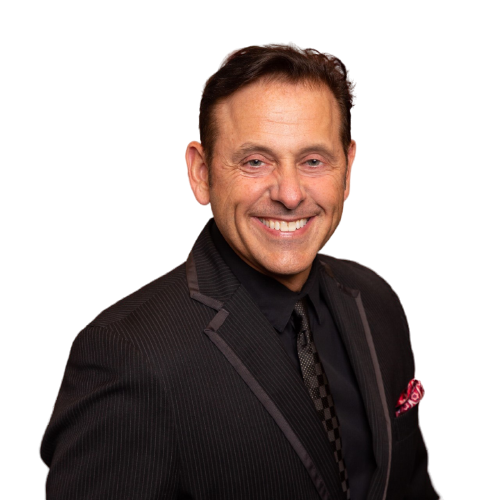From removing background noises to adjusting the pitch, editing music can feel like a daunting and tedious task. However, the right editing program can make life significantly easier for you.
Music editing software comes with a wide range of tools that allow you to produce, record, and edit audio files. Such software programs are often referred to as DAWs (Digital Audio Workstations), and are generally used by media producers like singers, video editors, and TikTok artists.
In this blog, we will cover some of the best and most popular music editing software currently available to you.
The Most Popular Music Editing Software in the Market
1) Audacity
Audacity is arguably the most popular audio editing program out there. Numerous musicians use this tool to fulfill their music editing requirements. It is a comprehensive video editor with multi-track editing features as well as cross-platform compatibility with Linux, macOS, and Windows. It works well for a number of music and other audio editing projects.
The best part about Audacity is that it is absolutely free, making it a wonderful option for at-home users and beginner musicians. That said, do not be fooled by the price tag: Audacity works beautifully for professional needs, especially if you personalize your interface with plug-ins specific to your project needs.
Since Audacity is open-source software, any developer can volunteer to enhance or improve it. This means that, while you may not get the kind of finesse with Audacity as you would with a paid tool, all the essential features work quite smoothly. Moreover, the plug-ins allow you to increase the number of features and effects, as well as import and export files.
2) Adobe Audition
From a well-known name in media production comes Adobe Audition, a professional-grade audio editing program.
Audition is frequently used by professionals in the radio, television, and film industries and is accessible alone or as part of the Adobe Creative Cloud package. Because it does a great job simultaneously recording multiple channels from multiple inputs with excellent post-recording production tools, it is one of the best editing tools for live music.
Even though it’s pricey, it comes with tools for mastering recordings, mixing and removing background noise, and adding effects to make your music stand out. It works well for a variety of tasks, including capturing live music, where its noise-reduction and processing capabilities come quite handy.
Before purchasing a subscription, you may try Audition for seven days without charge. The standard price is $54.99 per month when combined with other Adobe Creative Cloud products, or $20.99 per month when purchased separately. Creative Cloud is available to educators and students for $19.99 per month.
3) Ableton
For producers and musicians, Ableton Live is the industry standard. Since it has capabilities specifically designed for making new instrument loops and sounds, and it can also be used to capture both live performances and studio productions, it is a particularly good pick for music producers. Ableton’s audio production tools will meet your needs – whether you’re a singer-songwriter wanting the perfect finish or a disc jockey seeking to produce a banger to get the dance floor rocking.
The Standard version includes extensive MIDI editing and production functions, up to 256 output and input channels, and other features. Moreover, you can access up 5,000-plus sounds, effects 17 software instruments, 16 MIDI effects, and 60 audio effects, based on the version you select. That is a lot of authority to change, modify, and polish your musical work.
The greatest drawback is the price. Costs range from $99 for the entry-level Intro edition to $449 for the Standard version and $749 for the Suite version. If you’re a professional, though, that’s a tiny fee to pay for a top-tier collection of expert audio editing features.
Wrapping Up
The best audio editing software helps you get the job done quickly, effectively, and correctly.
Each program comes with its distinct specifications and features, serving unique requirements. For this reason, it is essential to identify your purpose behind getting a music editor, doing thorough research, and going for an option that best serves your needs.

Eric Dalius is The Executive Chairman of MuzicSwipe, a music and content discovery platform designed to maximize artist discovery and optimize fan relationships. When he’s not working for MuzicSwipe, he perhaps hosting the weekly podcast “FULLSPEED,” engaging with inspiring entrepreneurs from various sectors. Additionally, through the “Eric Dalius Foundation,” he has established four scholarships for US students. Stay in touch with Eric on Twitter, Facebook, YouTube, LinkedIn, Instagram, and Entrepreneur.com.
